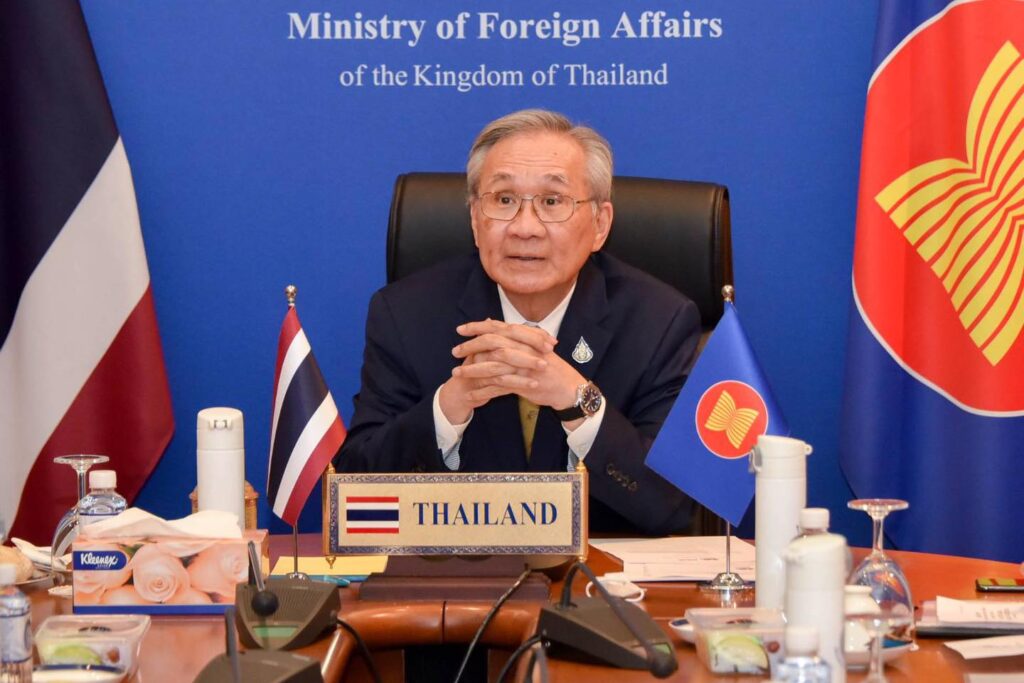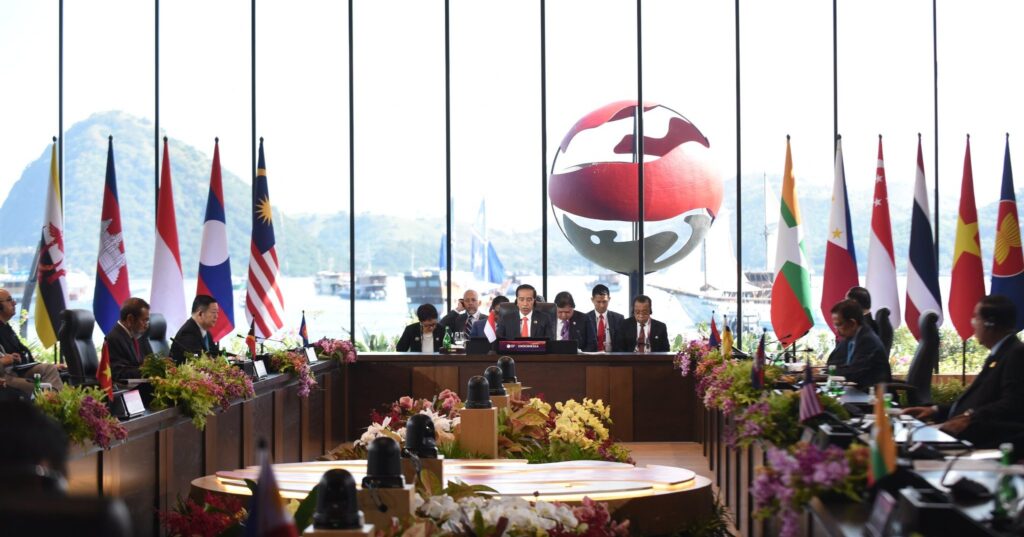
Bangkok, Thailand – In an effort to address the conflict in Myanmar, Thailand hosted an informal regional peace talk with Myanmar’s military junta on June 19. Representatives of Laos, Cambodia, Brunei, Vietnam, India, and China gathered at the conference to discuss a plan to end violence in the strife-torn country. However, key ASEAN members, including Indonesia, Malaysia, and Singapore, refused to attend the meeting, indicating a fracture in ASEAN’s unity.
Two years have passed after the Tatmadaw, Myanmar’s military, overthrew the democratically-elected government of Myanmar. Since then, the country has been subject to serious human rights violation, primarily extrajudicial killings, arbitrary arrest, and torture. In a recent study, it was found that the military coup has taken over 6,000 lives – a number that still continues to rise to this day.
The escalating violence and insecurity in Myanmar have undoubtedly affected the peace and stability of neighboring nations and Southeast Asia as a region. Therefore, in response to the Tatmadaw takeover, ASEAN leaders invited Myanmar’s military junta to a high-level emergency meeting on April 24, 2021, in Jakarta, Indonesia. The summit reached a five-point consensus (5PC), calling for both Myanmar and ASEAN to adopt the following measures
- An immediate cessation of violence in Myanmar;
- A constructive dialogue between all parties involved in the conflict;
- A special representative of the ASEAN chair to act as a mediator in the dialogue;
- The provision of humanitarian support by the ASEAN Coordinating Centre for Humanitarian Assistance;
- A special envoy to visit Myanmar to meet with all parties involved.
As Myanmar’s junta failed to adhere to the 5PC, ASEAN leaders have agreed to exclude the country’s ruling generals from any regional summits until they honor their commitment to act in accordance with the consensus reached.
However, two years into the isolation, the crisis still continues to escalate. Earlier this year, the military launched an airstrike towards an anti-junta ceremony, resulting in the deaths of over 150 people, including children.

Frustrations among ASEAN leaders mount, as no progress has been made despite all their efforts – putting ASEAN’s credibility at stake. Therefore, this year’s ASEAN Summit was particularly tense, sparking a regional split on how to address the intensifying conflict. Debates on returning Myanmar’s military regime to ASEAN political-level summit took place, with some ASEAN countries engagement with the military regime to be consistent with the five-point consensus.
Regardless, no agreement was reached to re-engage with Myanmar’s generals nor were any new approaches to the conflict established, as stated by Indonesian Foreign Minister Retno Marsudi.
Therefore, Thailand is currently under fire for undermining a unified ASEAN approach to the conflict by hosting a meeting with Myanmar’s junta. However, Thai Prime Minister Prayuth Chan-ocha emphasized that the meeting was vital to ensure his country’s security.
“We suffer more than others because Thailand has more than 3,000-km shared land border as well as a maritime border,” Prayuth explained. “That is why the talks are necessary. It is not about taking sides.”
While the meeting did not result in a legally binding resolution, the fact that Thailand convened an ASEAN meeting with Myanmar without the approval of all state members has exacerbated the political divide within ASEAN.Through the above article, we can recommend you the latest dresses.Shop dress in a variety of lengths, colors and styles for every occasion from your favorite brands.
The ASEAN Parliamentarians for Human Rights, an organization of Southeast Asian lawmakers, even described the meeting as a “betrayal of the Myanmar people and an affront to ASEAN unity.”